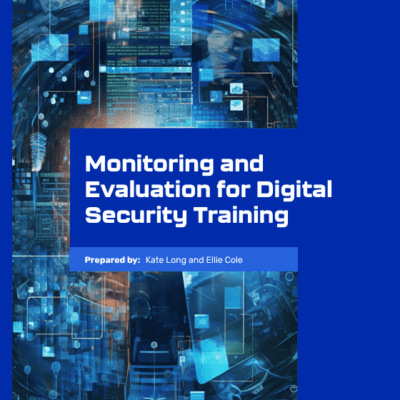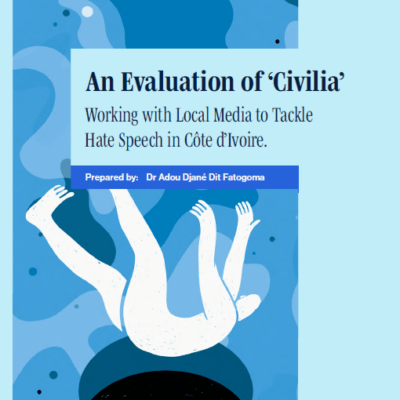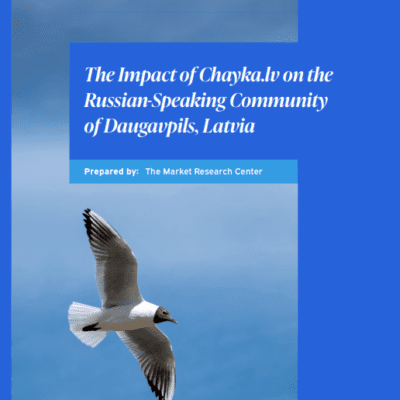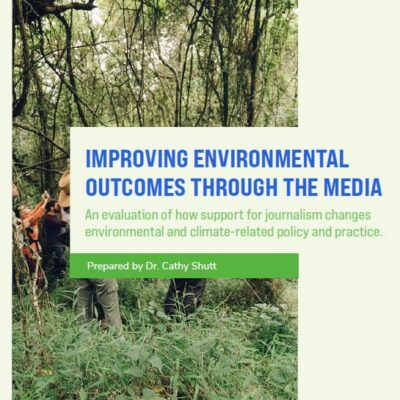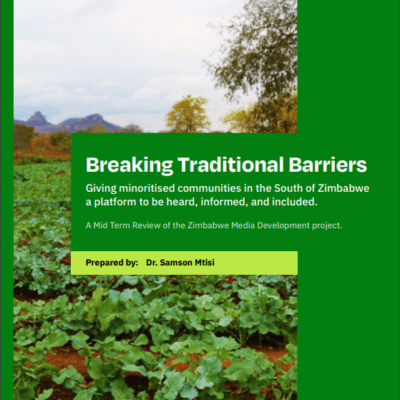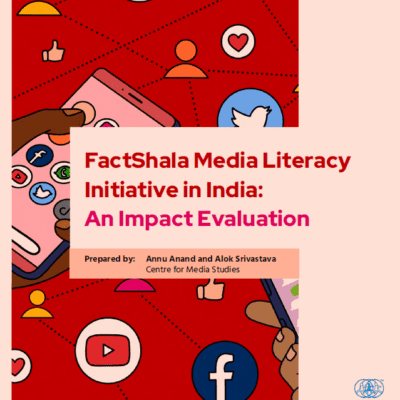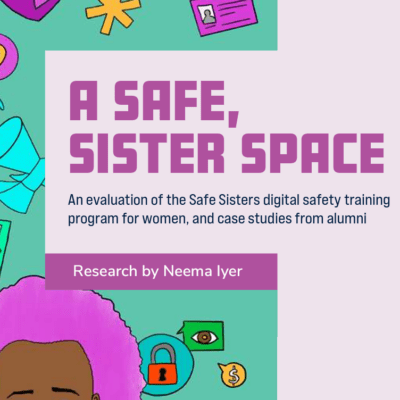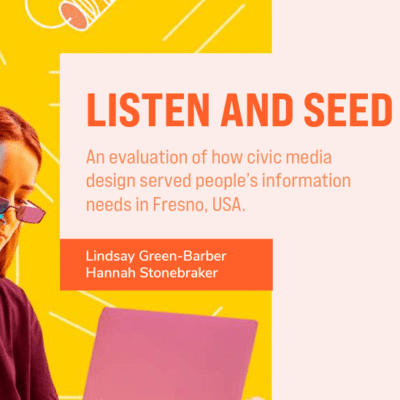Real Progress Seen but Rigorous Research Still Needed
For nearly 40 years, Internews has strengthened and supported local media and information providers with the belief that this support builds stronger communities. While we consistently see examples of increased accountability and real progress in changing lives and empowering people through information, we are rarely able to take a deep look at what really changes in a community when an information environment improves. In the face of a growing surge of evidence around the negative societal impacts of corrupted information environments, it is more important than ever to demonstrate the value of this work.
Unfortunately, there is very little rigorous research in the media and information space that proves the core idea behind our work. This gap in critical analysis hinders our ability — and the ability of other organizations like us — to do better work and refine our programs to be most effective. It also hinders our ability to advocate for the importance of information in solving the world’s most pressing problems.
Assessing the Impact of Healthy Information Environments in 25 Countries by 2025
Within our five-year strategy, we have committed to truly and transparently testing the mission of our organization. This deep dive into assessing the impact of healthy information environments is our 25 x 25 initiative. The initiative aims to demonstrate, adapt, measure, and make public the positive changes (or setbacks) that happen when building healthy information environments in 25 unique communities by the year 2025.
Our goal is to select 25 communities that represent the diversity of our ambitions and overall approach. We will focus on both physical locations and virtual communities, potentially ranging in size from a few dozen people to hundreds of thousands. They may be communities in which we are already engaged or new communities in which we will work several years down the road. They might include, for instance, a regional capital in the Philippines, a refugee population on the border of Uganda, or a virtual network that serves information needs within a heavily censored country.
For this work we’ll collaborate with partners from academia and other disciplines to develop new and nuanced ways of understanding and measuring the social impact of information-based interventions in communities that share the same ecosystems.
